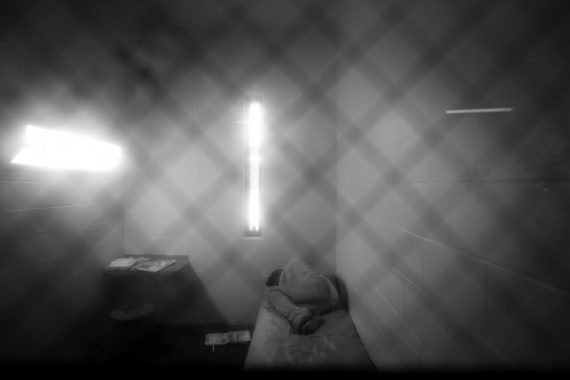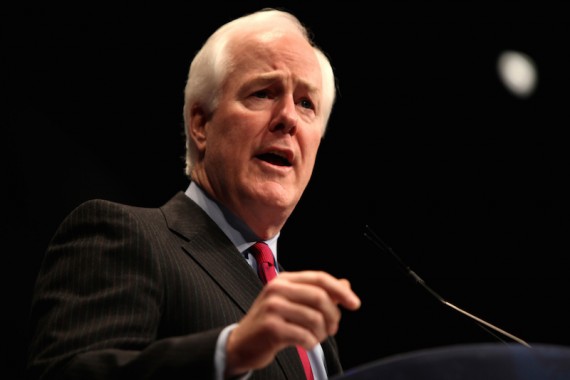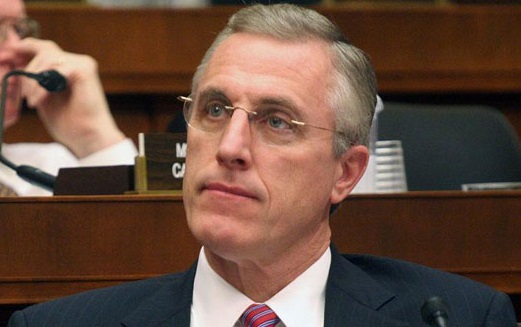
(12-12-16) Every year during the holidays, all of us are asked to donate to groups that we believe are making our lives and society better. I am hesitant to mention my favorites because, in doing so, I will be slighting equally important and worthwhile mental health groups. Still, here are some that I would urge you to consider.
INTERNATIONAL
- Sometimes in life, you meet someone who strikes you as a living saint, someone who is so good that you feel humbled. That happened to me earlier this year when I met Vandana Gopikumar, a co-founder of The Banyan. Vandana and her partner, Vaishnavi Jayakumar, are the equivalent in mental health in India to Mother Teresa. They have rescued hundreds of homeless, seriously mentally ill women from the streets of Chennai, India. If you want to know that the money you give will literally save someone who has a mental illness and is destitute from starving on the streets, then The Banyan is the group to support.
NATIONAL
- I’m a lifetime member of the National Alliance on Mental Illness because I believe in its mission, leadership, and, most of all, the good acts of its members in hundreds of local and state chapters. The first question I ask panicked parents who contact me is: Do you know about NAMI? Its variety of programs, Washington policy work, and growing NAMI Walks continue to make it our nation’s premier grassroots mental health organization. That’s why I contribute to it monthly.
- It might seem odd to include the Corporation For Supportive Housing on a mental health list, but CSH is one of the nation’s leaders in providing supportive affordable housing to individuals with mental illnesses and addiction problems, as well as, prisoners re-entering our communities. If you read its short history, you will understand why I am honored to serve on its Board of Directors and support it with a monthly donation.
Over twenty years ago, a homeless advocate named Julie Sandorf was approached by two Franciscan priests who were successfully saving their mentally ill parishioners from homelessness. She travelled to their St. Francis Residence, founded for mentally ill parishioners on the brink of eviction from a single room occupancy hotel. With a safe place to live and psychiatrists and social workers on site, the tenants stayed housed and healthy. Julie spent the next year studying this new housing approach. With support from the Pew Charitable Trusts, she found hundreds of similar stories around U.S.: troubled people who had bounced between shelters, hospitals, jails and the streets were suddenly living productive lives thanks to this combination of quality housing and support services.
In 1991, Julie founded the Corporation for Supportive Housing (CSH) and …twenty years later, we’re still inspired to bring supportive housing to those who need it most… people coping with homelessness and extreme poverty, as well as chronic health conditions such as mental illness, addiction or HIV/AIDS.
- Some readers will be outraged by me recommending donations to the Treatment Advocacy Center because it was primarily created to push Assisted Outpatient Treatment laws. But it regularly sounds alarms about emergency room psychiatric boarding, a lack of crisis care beds, violence, poorly funded community based treatment, the effectiveness of assertive community treatment and the inappropriate incarceration of individuals who have mental illnesses. Whether your love or hate TAC, it has become the “go-to” source for mainstream reporters who write about mental health and one of the most effective at influencing the national dialogue and Congress. TAC has become an important voice for families and consumers who believe changes in HIPAA regulations, the dangerous criteria and bed shortages need to be addressed.







